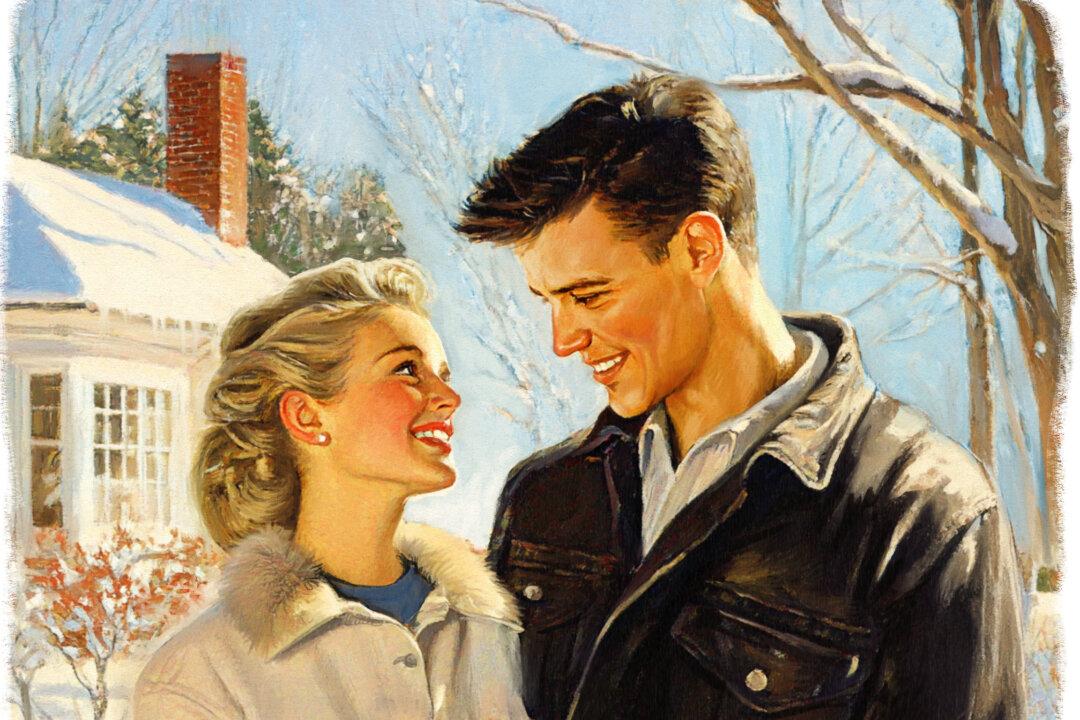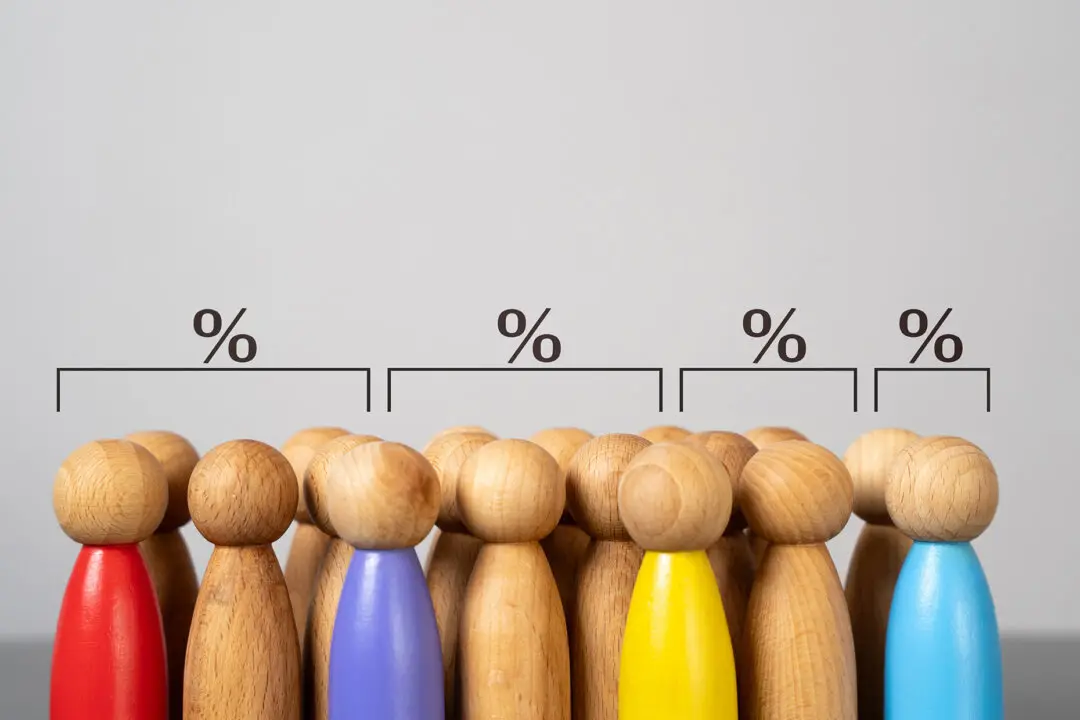Recent statistics out of the UK indicate that, for the first time in human history, fewer than half of British adults are married. “It is one of the oldest institutions known to humanity. ... Now, more than four millennia later, marriage could be on the verge of dying out.”
Make no mistake: The end of marriage would be a kind of apocalypse. The Greek root of apocalypse means “revelation” or “disclosure,” and the end of marriage would be the revelation of a brave new world.






